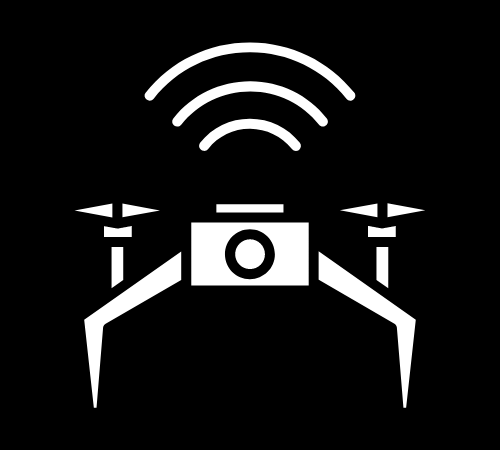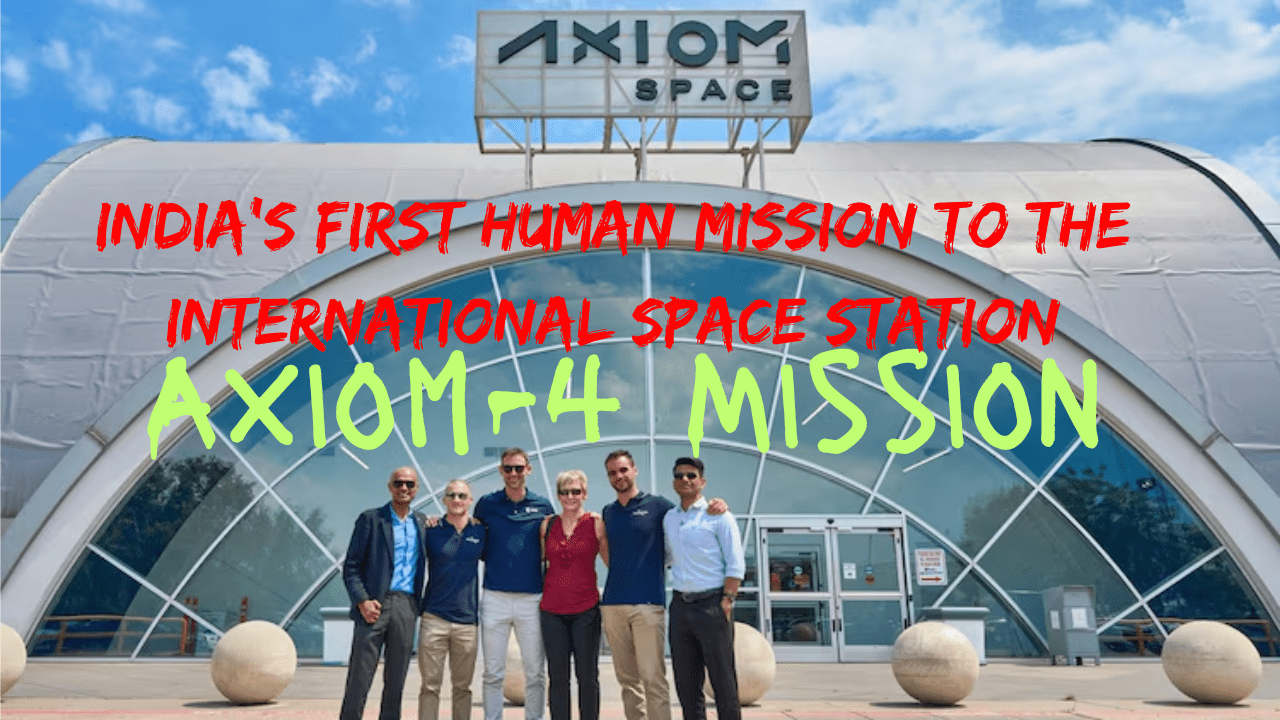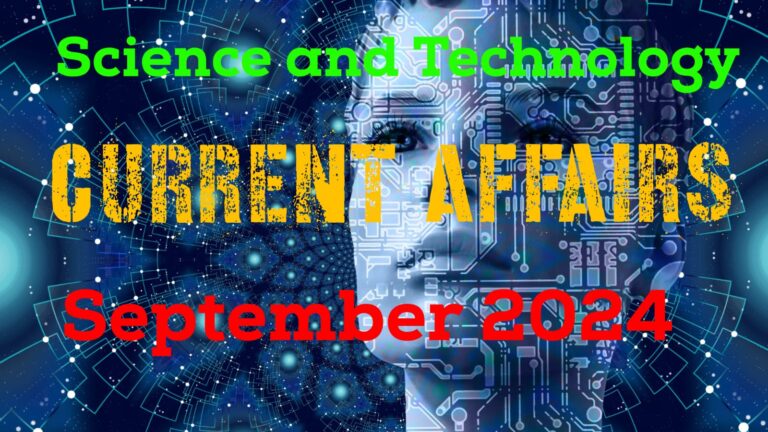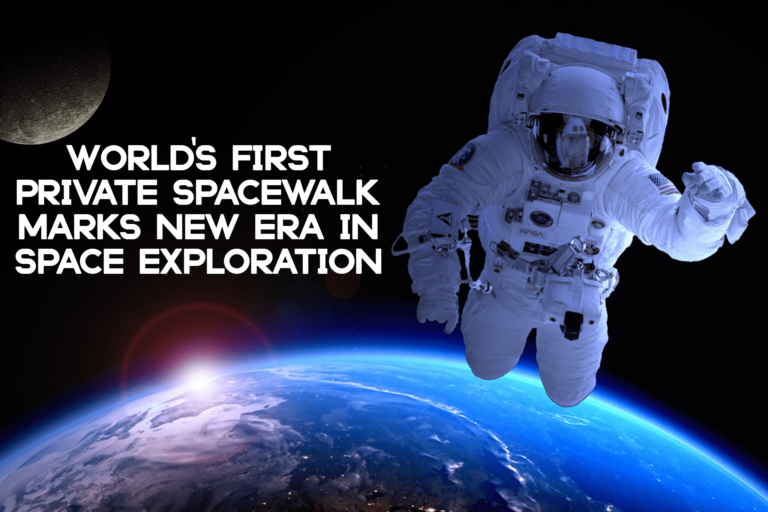India’s First Human Mission to the International Space Station: Axiom-4 Mission Overview
In 2025, India will reach another significant milestone in space exploration with Group Captain Shubhanshu Shukla piloting the Axiom-4 (Ax-4) mission. This historic mission will mark India’s first human presence on the International Space Station (ISS) and its second government-sponsored human spaceflight, following Wing Commander Rakesh Sharma’s 1984 mission aboard the Soviet Soyuz spacecraft.
The Ax-4 mission is a symbol of international collaboration, driven by agreements between India’s ISRO and Axiom Space, as well as partnerships with the United States.
Key Mission Details: At a Glance
| Details | Information |
|---|---|
| Mission Name | Axiom-4 (Ax-4) |
| Launch Year | 2025 |
| Indian Astronaut | Group Captain Shubhanshu Shukla |
| Backup Astronaut | Group Captain Prashanth Nair |
| International Commander | Peggy Whitson |
| Participating Countries | India, United States, Poland, Hungary |
| Spacecraft | SpaceX Crew Dragon |
| Rocket | SpaceX Falcon 9 |
| Mission Duration | 14 days aboard the ISS |
| Main Objectives | Scientific experiments, technological testing, docking maneuvers, international collaboration |
Background of the Axiom-4 Mission
The Axiom-4 mission is a collaborative effort between India and the United States, announced by Prime Minister Narendra Modi during his visit to the U.S. in 2024. This partnership marks a significant leap for India in terms of international space collaboration, with Axiom Space—a U.S.-based private space company—playing a critical role in sending Indian astronauts to space.
This mission is part of NASA’s private astronaut program, which aims to encourage the involvement of commercial entities in space exploration. Axiom Space has already successfully conducted several private astronaut missions to the ISS, and Ax-4 will be their fourth mission. It serves as an example of the growing participation of private companies in space research and human spaceflight.
Astronaut Selection: India’s Key Role
The selected astronaut for the Axiom-4 mission, Group Captain Shubhanshu Shukla, is a highly experienced test pilot from the Indian Air Force (IAF). His backup, Group Captain Prashanth Nair, will also prepare for the mission, ensuring continuity in the event of unforeseen circumstances.
Shukla will be part of an international crew led by Peggy Whitson, a veteran astronaut with multiple spaceflights under her belt. Together, they will undertake critical scientific experiments and operations aboard the ISS.
| Astronaut | Role |
|---|---|
| Group Captain Shubhanshu Shukla | Pilot of Axiom-4 Mission |
| Group Captain Prashanth Nair | Backup Astronaut |
| Peggy Whitson | Mission Commander, responsible for training and overall mission operations |
Mission Training: Preparation for Space
Training for a mission of this scale requires months of rigorous preparation. Group Captain Shubhanshu Shukla will undergo comprehensive training covering:
- Spacecraft Operations: Mastery over the Crew Dragon spacecraft and its automated docking with the ISS.
- Emergency Protocols: Learning how to handle emergencies aboard the spacecraft and the ISS.
- Scientific Research: Conducting microgravity experiments crucial for future Indian space missions, particularly the Gaganyaan program.
- Physical Endurance: Astronauts must maintain high physical fitness to endure the physical and mental challenges of space.
During the 14 days aboard the ISS, Shukla will perform five key experiments in microgravity, which will help shape future Indian space missions and provide insights into space-based research.
Mission Training Highlights
| Training Aspect | Details |
|---|---|
| Spacecraft Operations | Docking procedures, navigation in space |
| Emergency Handling | Training for critical space emergencies |
| Scientific Research | Microgravity experiments relevant to India’s space program |
| Physical Training | Preparation for the rigors of space environment |
Technological Innovations: Leveraging SpaceX’s Advanced Systems
The Axiom-4 mission will employ SpaceX’s advanced technology, notably the Falcon 9 rocket and the Crew Dragon spacecraft. These cutting-edge systems provide an added layer of safety and efficiency for space missions:
- Crew Dragon: Known for its automated docking system with the ISS, this spacecraft also features advanced life support systems that regulate the crew’s oxygen, temperature, and carbon dioxide levels, ensuring their safety throughout the mission.
- Falcon 9: A highly reliable, reusable rocket used by SpaceX for launching missions to space, ensuring cost efficiency while providing powerful thrust to take astronauts into orbit.
| Technology | Features |
|---|---|
| Crew Dragon | Automated docking, advanced life support systems |
| Falcon 9 Rocket | Reusable, reliable, high thrust capabilities |
| Life Support Systems | Maintains oxygen, temperature, and pressure levels for astronaut safety |
International Collaboration: A Truly Global Effort
The Ax-4 mission stands out not only as India’s first human mission to the ISS but also as a truly international collaboration. Astronauts from Poland and Hungary will join the crew, emphasizing the increasing importance of global cooperation in space exploration. This multinational mission reflects how space exploration is moving beyond geopolitical boundaries, fostering partnerships for scientific advancement and the future of human space travel.
| Participating Countries | Key Contribution |
|---|---|
| India | First astronaut on the ISS, space research |
| United States | Providing spacecraft and technology (SpaceX) |
| Poland & Hungary | Collaborative efforts in scientific research |
Future Impact on Indian Space Exploration: Gaganyaan and Beyond
The success of the Axiom-4 mission will serve as a precursor to India’s Gaganyaan mission, its first crewed spacecraft planned for launch in the coming years. Lessons learned from Group Captain Shukla’s experience aboard the ISS, especially in conducting microgravity experiments and handling the challenges of long-duration space travel, will play a pivotal role in shaping future Indian human space missions.
In addition, the mission will open up avenues for India’s collaboration with other space agencies and commercial entities, making India a key player in the rapidly growing global space economy.
Conclusion: India’s Leap into Human Spaceflight
The Axiom-4 mission in 2025 will forever be remembered as a defining moment in India’s space history. With Group Captain Shubhanshu Shukla leading the country’s first human mission to the ISS, India will join a select group of nations capable of human space exploration. The mission also underscores the potential for future international space partnerships, solidifying India’s role in global space exploration efforts.
By embracing cutting-edge technologies and fostering international collaborations, India is poised to make significant contributions to space research, while also advancing its own Gaganyaan mission and beyond.







